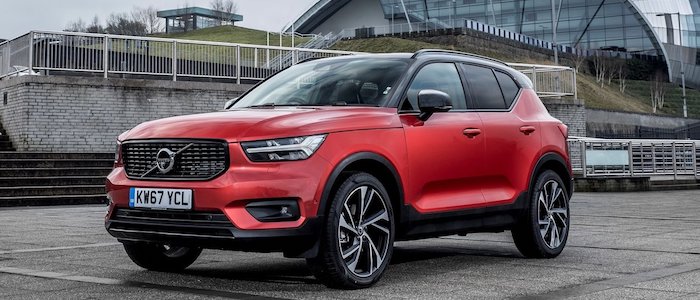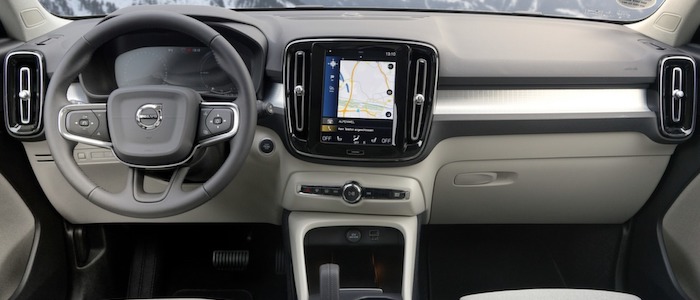Compare two cars
Compare any two cars and get our Virtual Adviser™ opinion
Dimensons & Outlines
Check vehicle history
Engine
1.5 dCi K9K Blue dCi 115
Performance (manual gearbox)
Performance (automatic gearbox)
Expenses
Virtual Adviser's™ opinion
Well, these are two pretty similar cars we have here! It's only details that could potentially make the difference. Considering they both belong to the suv segment and utilize the same 5-door suv body style and the front wheel drive system, it all comes up to the specific diesel engine choice they offer. The first one has a Renault-engineered powertrain under the hood, a 4-cylinder, 8-valves 115hp unit, while the other one gets its power and torque from a 4-cylinder, 16-valves 150hp engine designed by Volvo.
SafetyBoth vehicles got tested by European New Car Assessment Programme (Euro NCAP), with the same number of safety stars gained in the process. Still, apart from the official crash test results there are other things we need to be aware of. Both vehicles belong to the suv segment, which is generally a very good thing safety-wise, still it doesn't help us solve our dilemma, does it? Furthermore, if we'd like to consider vehicle mass in this context too, which we definitely should, the German car offers a marginal difference of 2% more metal.
ReliabilityI don't like generalizing things when it comes to reliability, although it does seem that Volvo does have a slight advantage, at least on all of the models level. These are the results of an independent reasearch, while our visitors describe reliability of Mercedes Benz with an average rating of 4.3, and models under the Volvo badge with 3.2 out of 5. Unfortunatelly, I don't have enough insight that would allow me to comment in more details on the specific models level. That apart, owners of different cars powered by the same engine as the German car rank it on average as 3.0, while the one under the competitor's bonnet gets 2.7 out of 5.
Performance & Fuel economyVolvo is undoubtly more agile, reaching 100km/h in 1.4 seconds less than its competitor. In addition to that it accelerates all the way to 200 kilometers per hour, 12km/h more than the other car. When it comes to fuel economy things look pretty much the same for both cars, averaging around 5 liters of fuel per 100 kilometers (57 mpg), in combined cycle.
Verdict
Mercedes Benz appears just a bit more reliable, although the difference is truly marginal. The most important thing when deciding between any two vehicles should always be safety, both passive and active. In my opinion, everything taken into account, the German car offers slightly better overall protection and takes the lead. From there things take a different direction, with Volvo outracing its opponent in any situation possible, making it better choice for boy racers. Fuel consumption is more or less the same. I believe that, when we take all into account, we have only one winner here - the Volvo. In any case that's my personal view, built upon all the data available to me. What should decide here though is the way you feel about the two vehicles, and I hope you'll find my guidelines useful in the process. In case you have two minutes to spare I invite you to define your needs, desires and budget and see which car would be chosen by the virtual adviser™, among thousands of similar, yet so different vehicles.
































